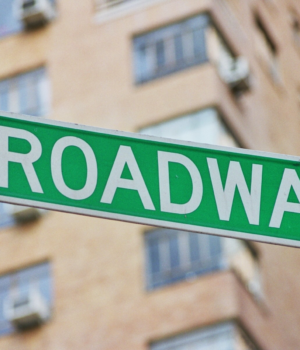Written by Kristina Calhoun
Due to the fact that Broadway shows were not part of the Phase 4 opening in New York City, fans will be saddened by the news of the popular viewing experience shutting its doors until May 30, 2021. The news further showcases the ravaging of an industry that has been among the hardest impacted by the COVID-19 pandemic.
The shutdown of this million-dollar empire started in March and was extended until the end of 2020. When shows do resume, they will start back up on a rolling basis rather than all at the same time. Multiple shows have been affected, including “The Music Man” with Hugh Jackman. The show announced it will start performances in December 2021.
Not every show will resume performing, however. Disney’s “Frozen,” “Hangman,” and “Who’s Afraid of Virginia Woolf?” are three among many that have said they will be permanently closed. Shows like “Hamilton” and “Diana” have found ways to adapt to the problem by allowing their shows to be broadcasted on streaming services.
Broadway contributes over $14 billion to New York City’s economy and $3.8 billion across the U.S. due to traveling Broadway shows, on top of the $1.83 billion in ticket sales. Those are not the only big numbers involved. The Broadway shows supported over 96,000 local jobs. Performers, stagehands, creative team members and those in administration roles all lost their jobs due to the COVID-19 pandemic.
Broadway will go completely without a 2020-2021 season due to the shutdown, since Broadway seasons start and end in June. This is not the first time Broadway has shut down. During the attacks on Sept. 11, 2001, and the union strikes, Broadway closed its doors; however, they did not do so for the 1918-1919 flu pandemic. The longest strike was when Broadway shut down in 1918 for 30 straight days, and the second longest was in 1975 for 25 days.
Art industry workers have been fighting for relief aid amid the closures. Leader Chuck Schumer has been among those pushing to pass the Save Our Stages Act in Congress. The act would allow the government to provide grants to live performance venues to help sustain them financially while the pandemic keeps theaters closed.




